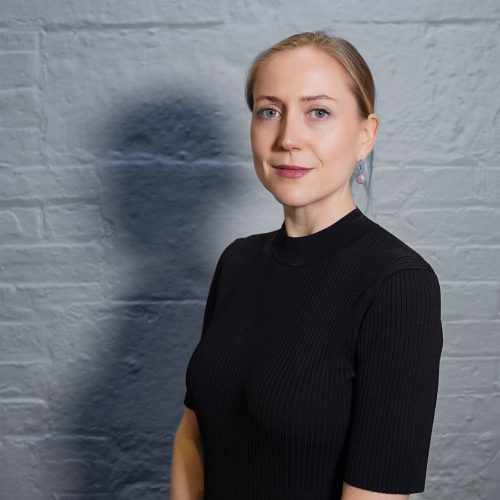Louise’s current research focuses on emerging construction and building practices as a means to sustainable urban densification. Her VC Fellowship project at RMIT (‘Factory-built homes: Investigating industry prospects and lived outcomes of modular apartment construction in Australia’) focuses on modular apartment prefabrication to analyse how it can enable the production of more sustainable and affordable homes and support everyday experiences of post-carbon housing in Australia.
Her publications so far have focused on the socio-material and emotional entanglements of lives lived in, around and out of urban apartments. She seeks to understand apartments as urban homes, and their fundamentally diverse, uneven characteristics in contemporary cities.
She has collaborated with a wide range of stakeholders, from material manufacturers and builders, to architects, developers, policymakers, regulators and householders in Australia and internationally, especially in Europe.
She has worked on several AHURI-funded projects including ‘Building materials in a circular economy‘ (2021-2023), ‘Inquiry into housing in a circular economy‘ (2021-2023), which aimed at establishing an evidence base and framework to support a transition to circular economy housing in Australia, and ‘The lived experience of COVID-19: housing and household resilience‘ (2020).
Between 2019 and 2022 she was a Research Fellow within the ARC Linkage Project HOME (Housing Outcomes Metrics and Evaluation), investigating the production of design standards and apartment lived experiences in recently built apartments across European and Australian cities.
Awarded in 2019, her jointly awarded PhD from The University of Melbourne and University of Lyon explored the privatisation of high-rise housing in affluent suburbs of Melbourne and the resulting shifts in social class relations.
Previously based in France, she participated as a doctoral candidate in two international research projects (ANR projects SKYLINE and HIGH-RISE) on the socio-political impacts of high-rise developments in Europe and South America, and in an industrial partnership addressing more inclusive housing policies (Chaire HEVD, Habiter Ensemble la Ville de Demain).


